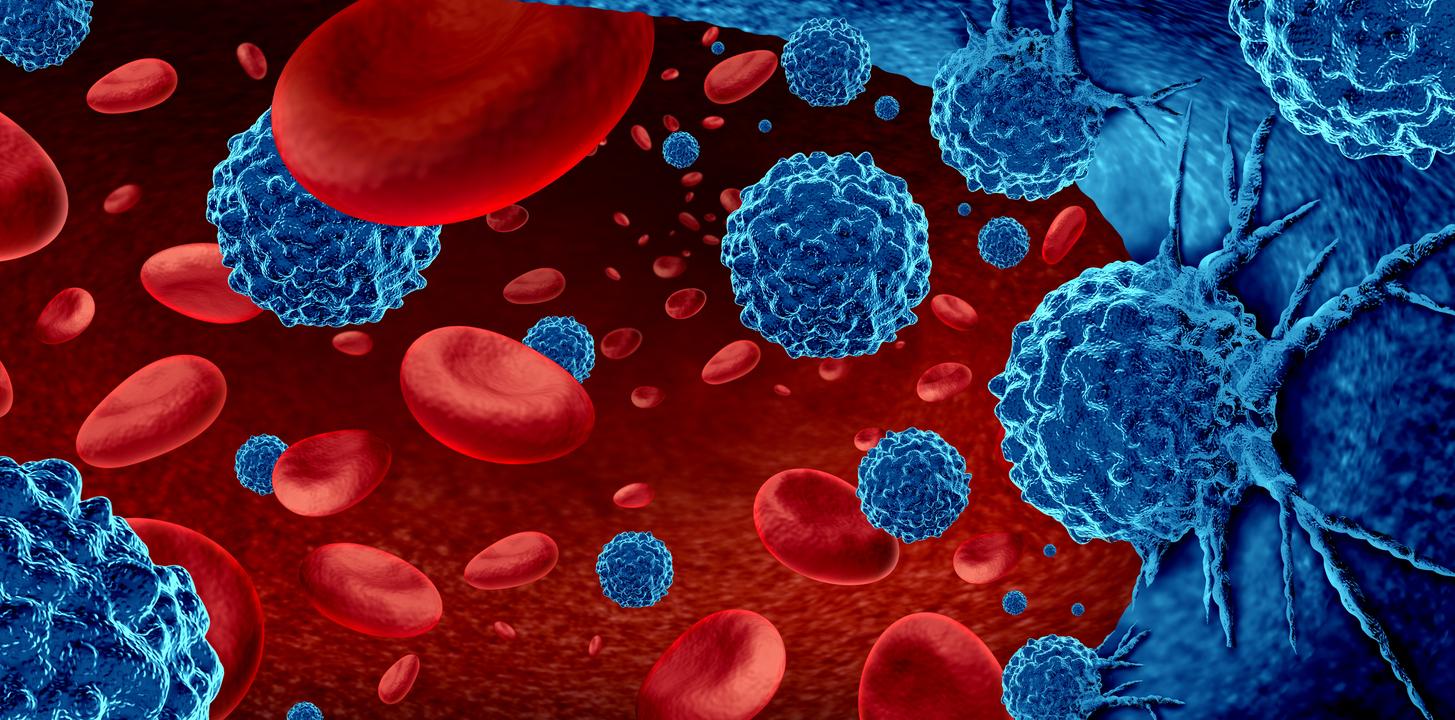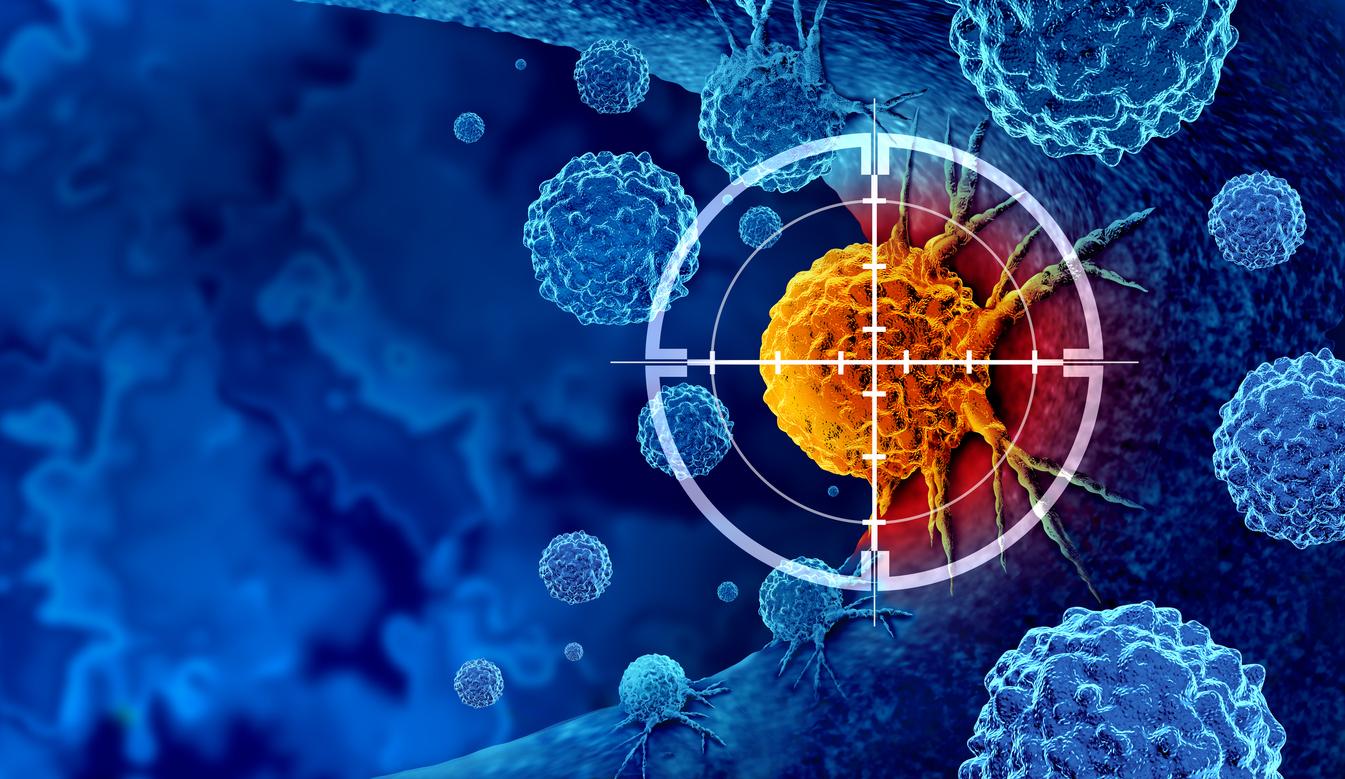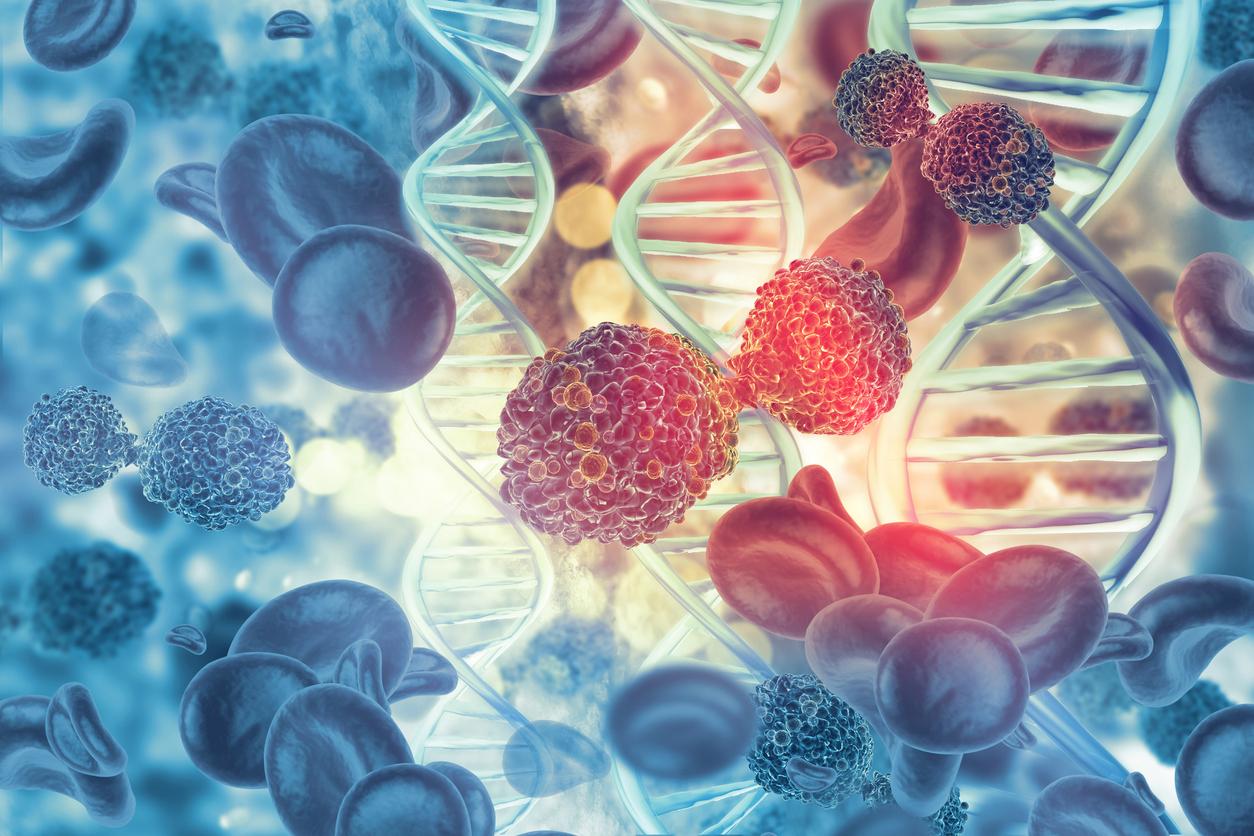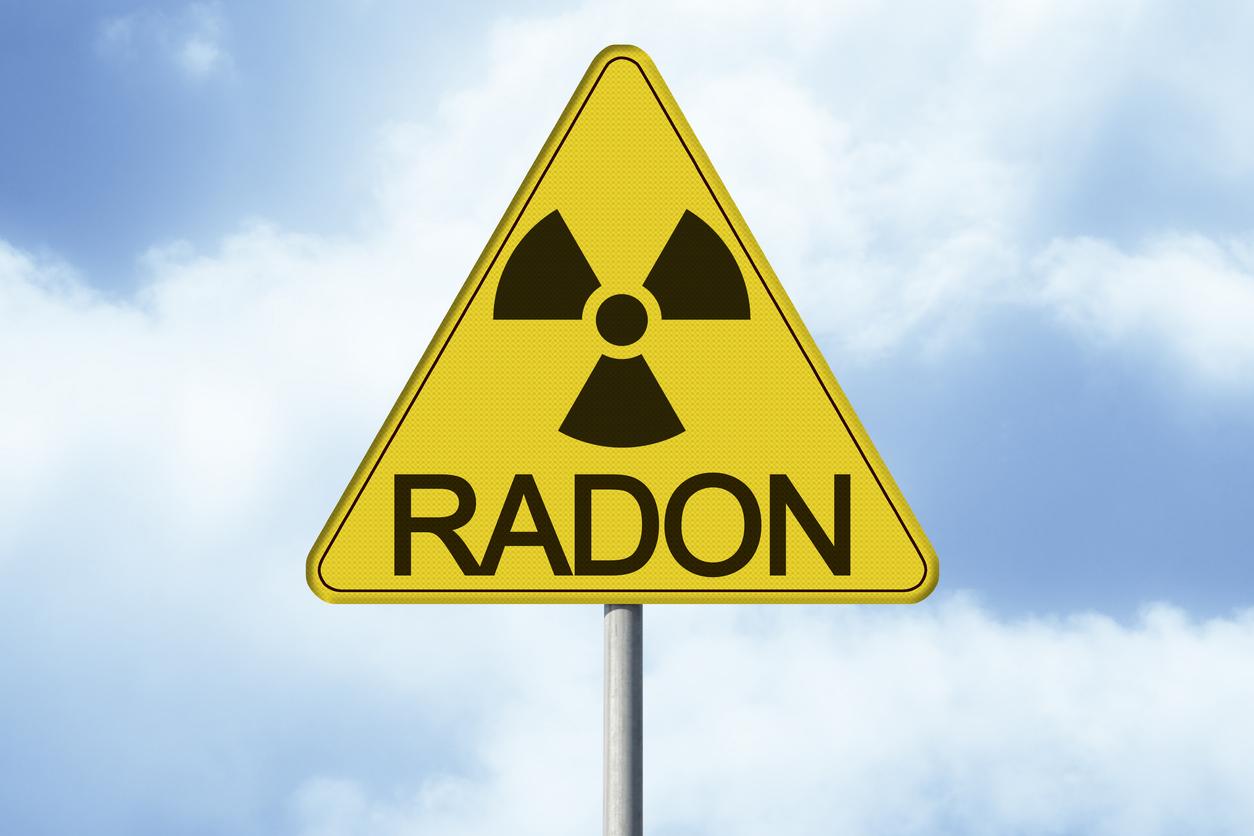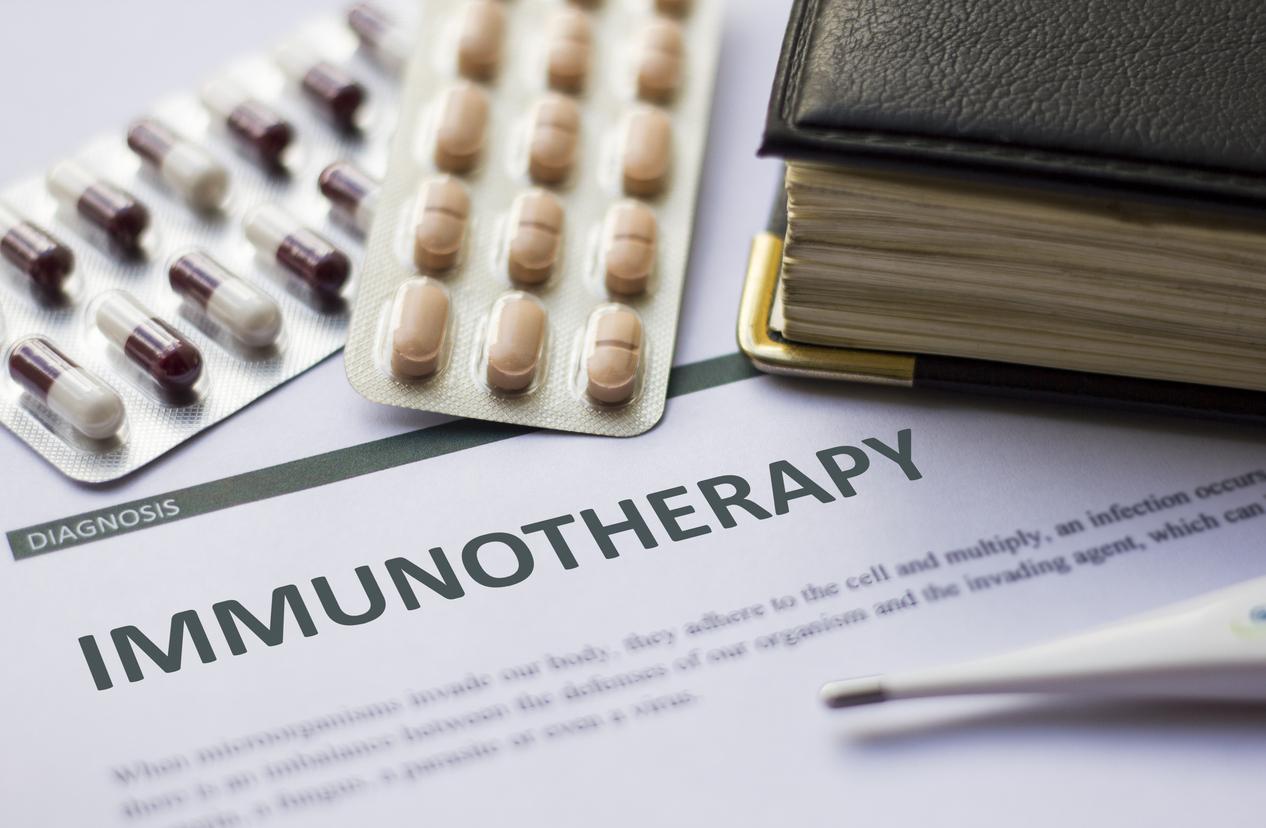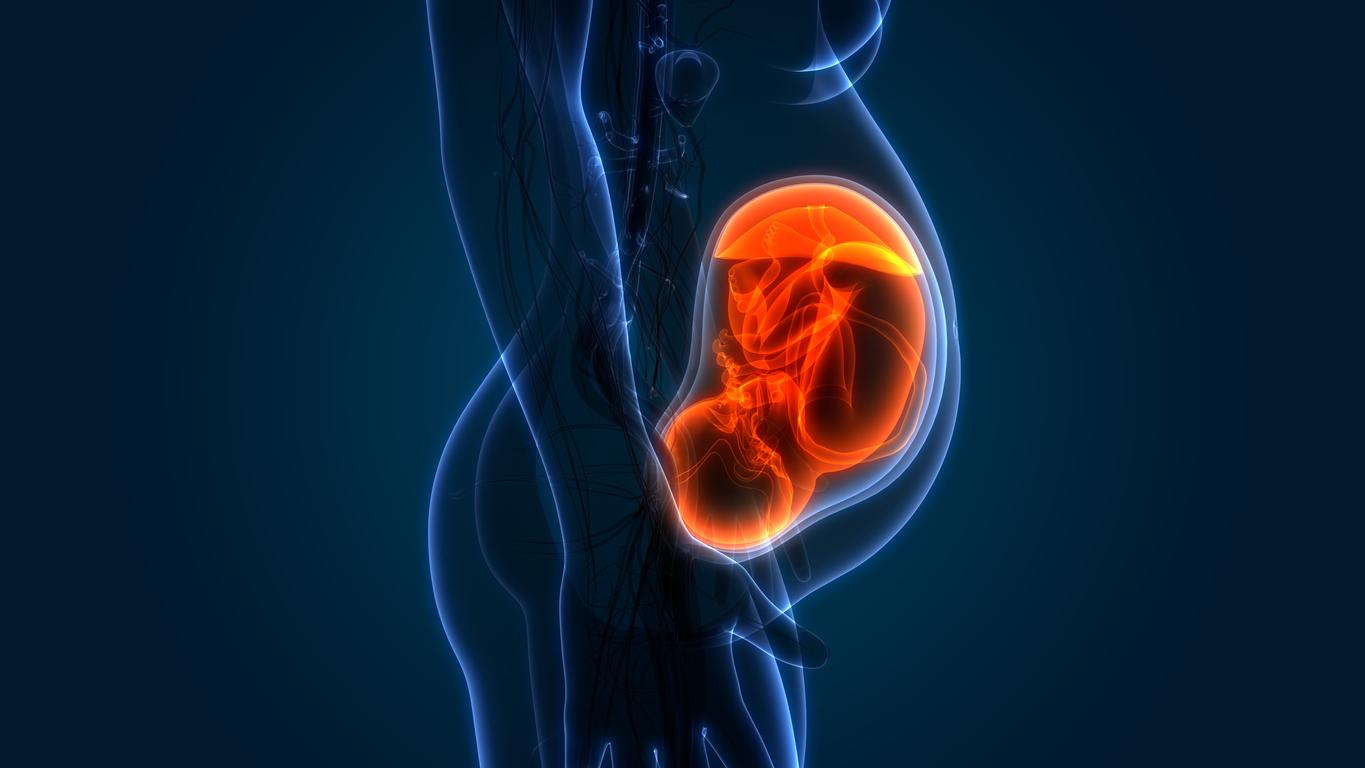The combination of chemotherapy and immunotherapy could become the standard therapy for children with advanced leukemia or lymphoma.
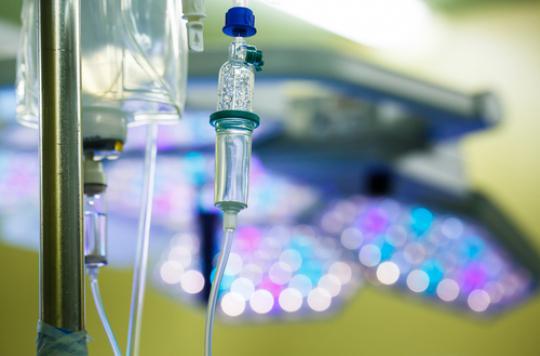
Immunotherapy continues to revolutionize cancer treatments. These innovative therapies, which make it possible to boost the immune response against tumor cells, have above all shown their effectiveness against adult cancers resistant to chemotherapy such as metastatic melanoma or recently bladder cancer.
But for lack of clinical trials, young patients still have little access to these therapies. They are, however, very effective in these patients, as shown by a international study sponsored by the Gustave Roussy Cancer Institute (Villejuif) and presented at the 52nd edition of the congress of the American Society of Clinical Oncology (ASCO).
Led by Dr Catherine Patte, pediatric oncologist in the Department of Child and Adolescent Cancer, this study aimed to improve the survival of patients with Burkitt’s lymphoma with a therapy combining chemotherapy and immunotherapy. This cancerous pathology is a rare form of non-Hodgkin’s malignant lymphoma that attacks a particular type of immune cell. Today, more than 80% of patients recover with chemotherapy alone.
Spectacular results
But for the remaining 20%, chemotherapy fails. French researchers therefore had the idea of combining this treatment with an immunotherapy called rituximab, prescribed for several years in adults to treat chronic lymphoid leukemia and non-Hodgkin lymphomas. This molecule stimulates the immune system by attaching itself to cancer cells. This binding acts as a warning signal that wakes up the white blood cells. These can again detect and destroy tumor cells.
In 12 different countries, 310 children participated in this clinical trial. One group received the chemotherapy – rituximab combination and the other was treated with standard chemotherapy. The results showed a reduction in the risk of death, relapse, and cancer progression of 70% for the combination of therapies compared to chemotherapy alone.
Efficiency such as the Monitoring and Follow-up Committee requested that all participants with advanced stage cancer (approximately 60% of patients) benefit from this therapeutic combination.
In addition, the tested combination allows an increase in survival of more than 10% in children with. For these patients, the chemotherapy-rituximab combination should therefore become the standard treatment.

.










